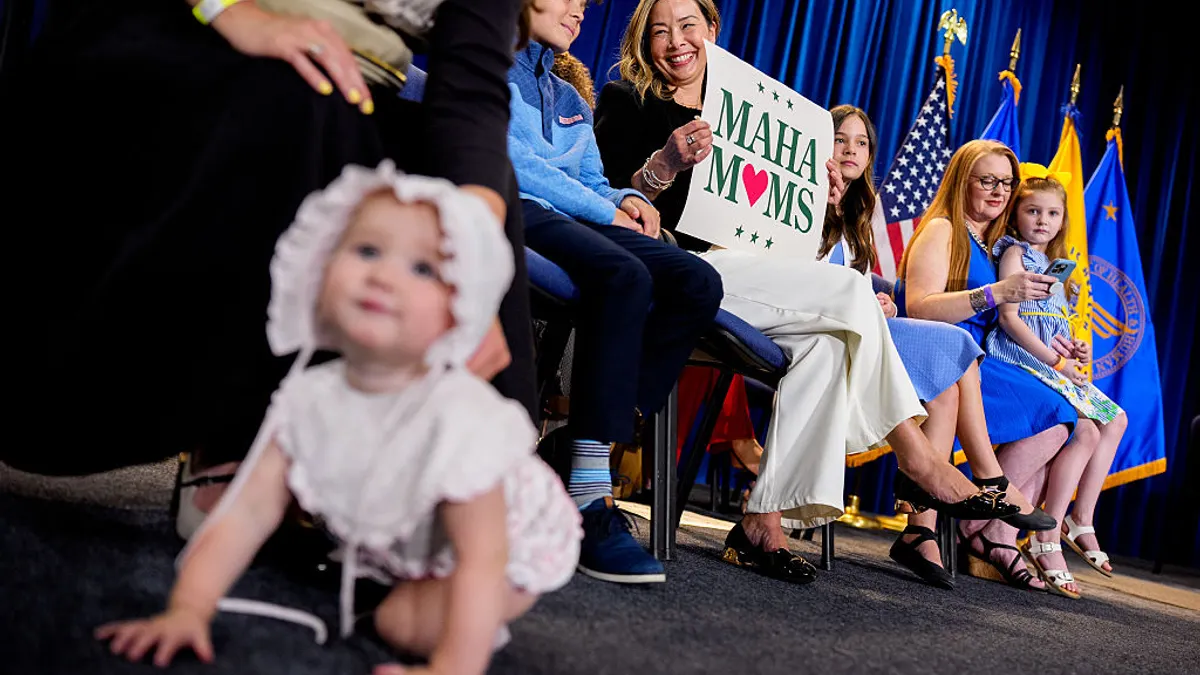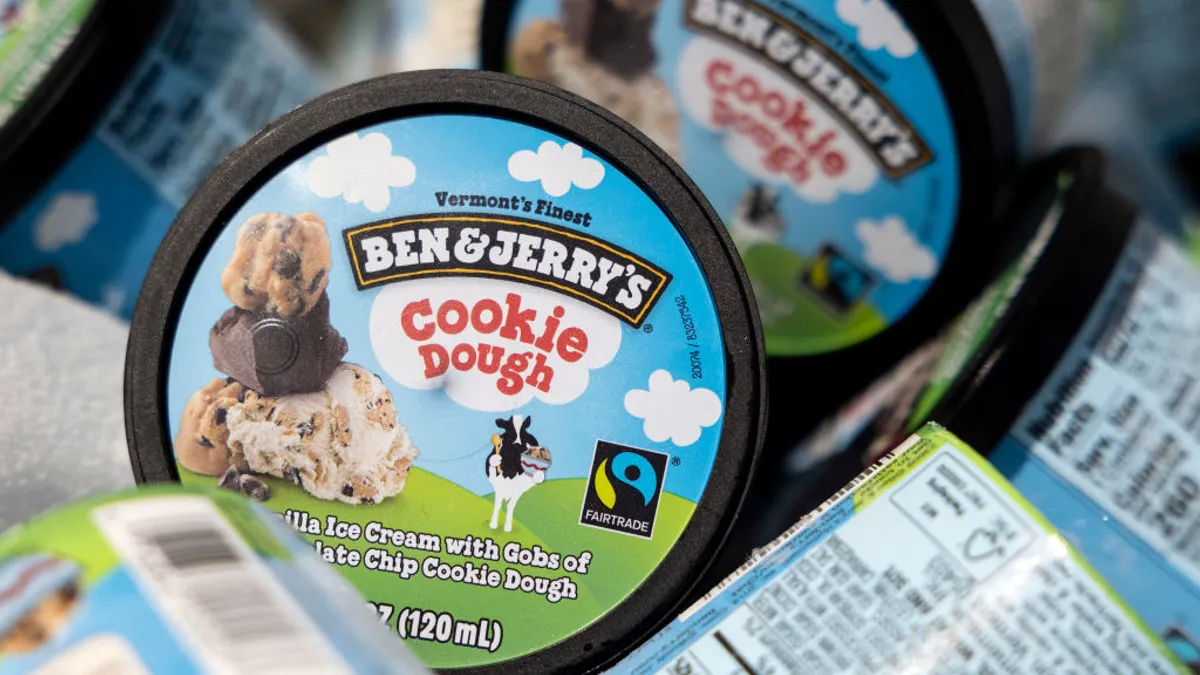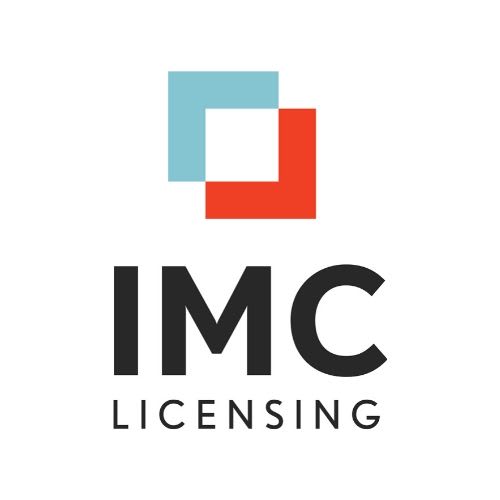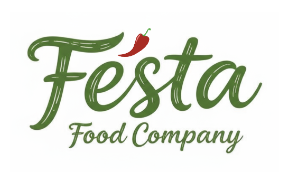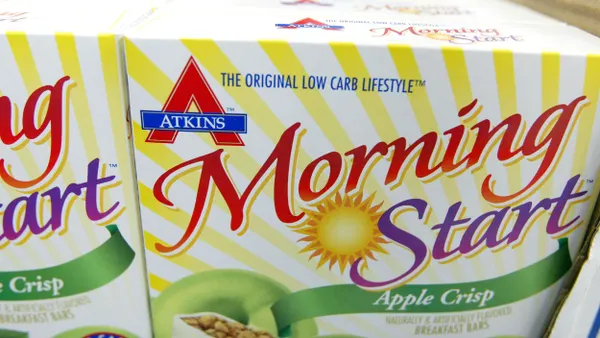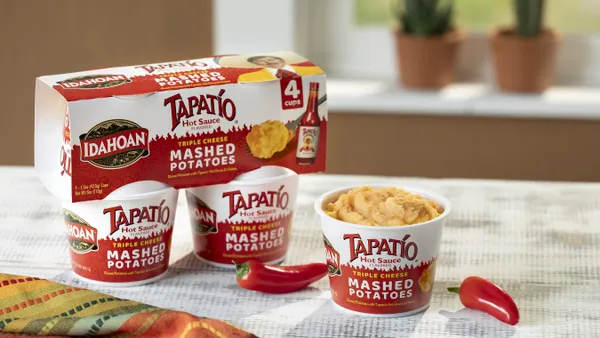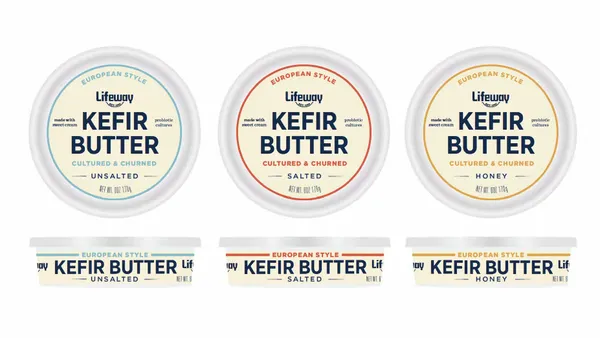As U.S. Health Secretary Robert F. Kennedy's push to tackle ultraprocessed foods and artificial dyes gains momentum in states, food and beverage giants are uniting in a coordinated effort to fight back.
Major food and beverage companies — including Coca-Cola, Kraft Heinz, General Mills and Nestlé — have formed a lobbying alliance to stop the spread of state laws that have targeted everything from artificial dyes to ultraprocessed foods. The group, called Americans for Ingredient Transparency, is instead pushing for a national standard.
"This patchwork of state laws creates confusion for consumers and limits our choices, it drives up our costs at the grocery store, and hurts our small businesses," the group said in a launch video. "A clear, national ingredient and labeling law fixes that."
Americans for Ingredient Transparency has the backing of major industry trade groups including the Consumer Brands Association, American Beverage, the American Frozen Foods Institute and FMI – The Food Industry Association.
RFK's "Make America Healthy Again" movement to reshape the U.S. food supply has gained bipartisan support in states, with democrats and republicans uniting on legislation to ban ultraprocessed foods in schools or prohibit certain dyes and ingredients. At least 35 states introduced 93 bills regarding food additives this legislative session, according to Harvard Law School's Center for Health Law and Policy Innovation, with 10 enacted as of late June.
Enacted legislation includes West Virginia's first-in-the nation ban on foods containing artificial dyes. Texas recently passed a law requiring products with certain additives to carry warning labels, while California moved to ban ultraprocessed foods in schools.
As more states consider legislation, food and beverage companies are becoming louder about the potential consequences for the industry. In one of the biggest steps against MAHA taken by the industry so far, color manufacturers sued West Virginia in an attempt to strike down the state's artificial dye ban.
Americans for Ingredient Transparency said it is hoping to work with Congress on three major initiatives, including a uniform regulatory approach for new ingredients through reforming the Generally Recognized as Safe (GRAS) program. The association is also advocating for a front-of-package nutrition labeling system and a requirement that food packaging contains QR codes which consumers can scan to get more ingredient information.
The lobbying group's launch was quickly criticized by consumer advocacy groups and those in the MAHA movement. Brian Ronholm, director of food policy at Consumer Reports, said in a statement that the intention of the association is to "wipe out all of the state laws that protect consumers from harmful chemical ingredients in food and hold the industry accountable."
“It’s disappointing to see these giant food companies investing millions of dollars on high-priced lobbyists and ad campaigns to mislead the public and policymakers instead of removing toxic ingredients from their product,” he said.


